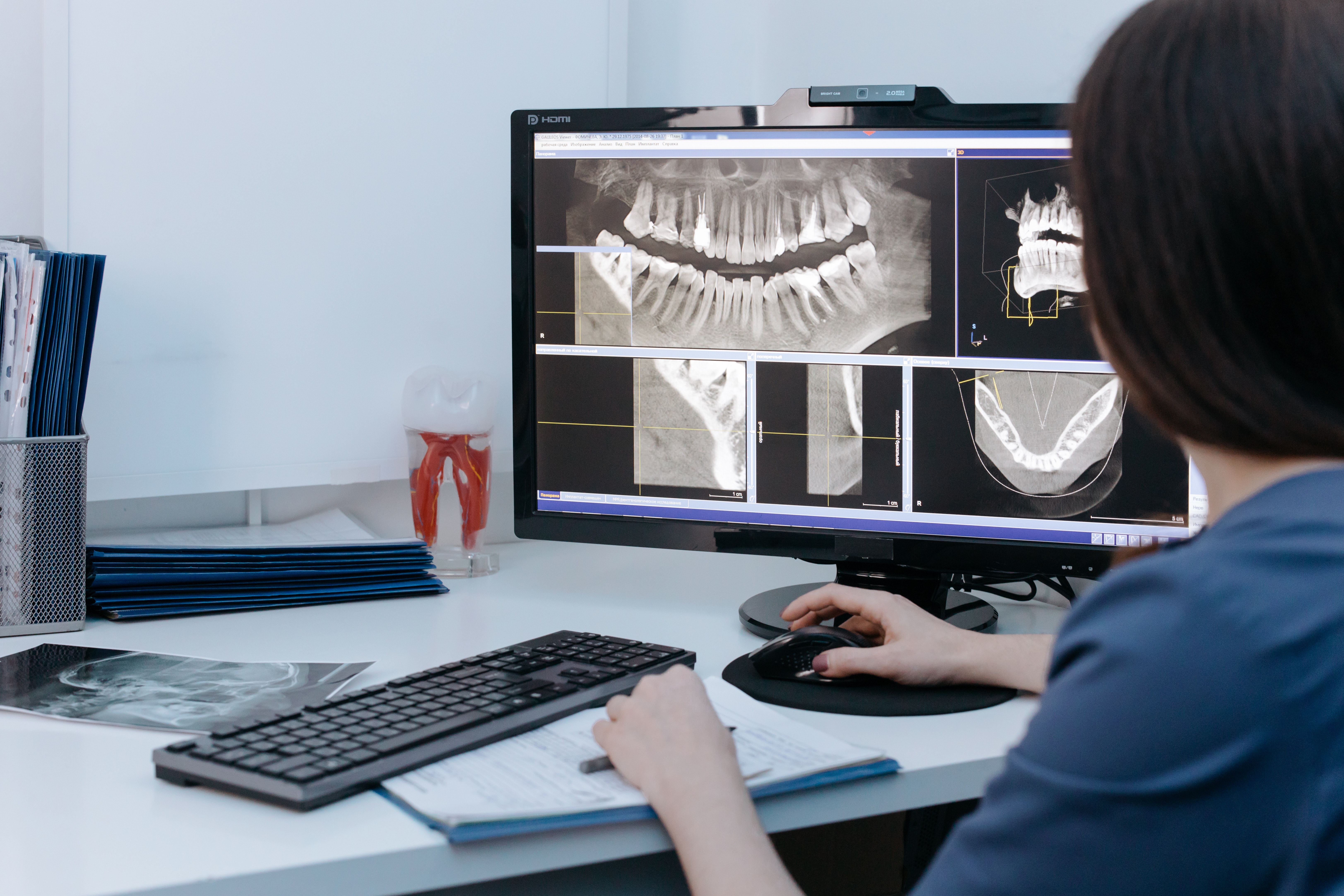How Important is it to Replace Missing Teeth?
A Public Health England oral health survey titled “National Dental Epidemiology Programme for England” reported that 10% of those who participated in the study wore replacement devices such as dental implants Windsor and bridges to replace missing teeth. A tooth replacement implant works similar to a natural tooth root, and it is in this precise design that the dental prosthetic offers the myriad of benefits it does that improve the quality of life for the patient.
No matter the reason for having lost one or more adult teeth, there is no question that the spaces left vacant by teeth that have fallen out need to be filled in. The danger of not replacing these teeth leaves the patient open to a number of threats to dental health and functionality as well as physical and mental health. The first real threat of not replacing missing teeth is to wider dental health. Gaps left vacant in the dental arch can trigger many untoward issues, including orthodontic problems, when neighbouring teeth move out of their natural positions to occupy open gaps. One of the first casualties of orthodontic problems is poor oral hygiene, and poor oral hygiene is responsible for the rise of bad bacteria in the mouth. In turn, poor oral hygiene is a major cause of cavities, gum disease and chronic bad breath.
Other concerning issues comprise bite and chewing challenges, excessive wear and tear on existing teeth to compensate for reduced masticatory support and reabsorption of the jawbone. It may seem unlikely that a small issue of missing teeth may adversely impact physical health, but the truth of the matter is it does. When missing teeth impact masticatory function, the rest of the body runs the risk of not getting a wide variety of essential vitamins to keep it healthy and strong. Digestion and nutrient absorption are both made more difficult when food is not ground down into minute pieces to be easily digested.
Next, there are the challenges in physical attractiveness to consider. Psychosocial health does not also escape the undesirable influence of missing teeth; gaps in the dental arch disturb the appearance of a beautiful smile. Such a smile easily makes the wearer self-conscious about smiling, and it is well-acknowledged that attractive smiles open the way to desirable opportunities made possible by forming positive first impressions.
A boost in self-confidence is another recipient of an attractive smile, and self-confidence is the persuasive factor that leads to social success as well as scaling the heights of the professional world. Self-confidence is not all about visual aesthetics. Gaps in the dental arch also impact speech in addition to creating problems in aesthetics. Certain sounds can appear distorted, which can make the speaker lack the confidence to engage verbally with others.
Thanks to the availability of a wide range of dental devices that present an excellent substitution for missing natural teeth, there is now no need to suffer the many challenges and risks to dental health and physical and psychosocial wellbeing.








0 comments